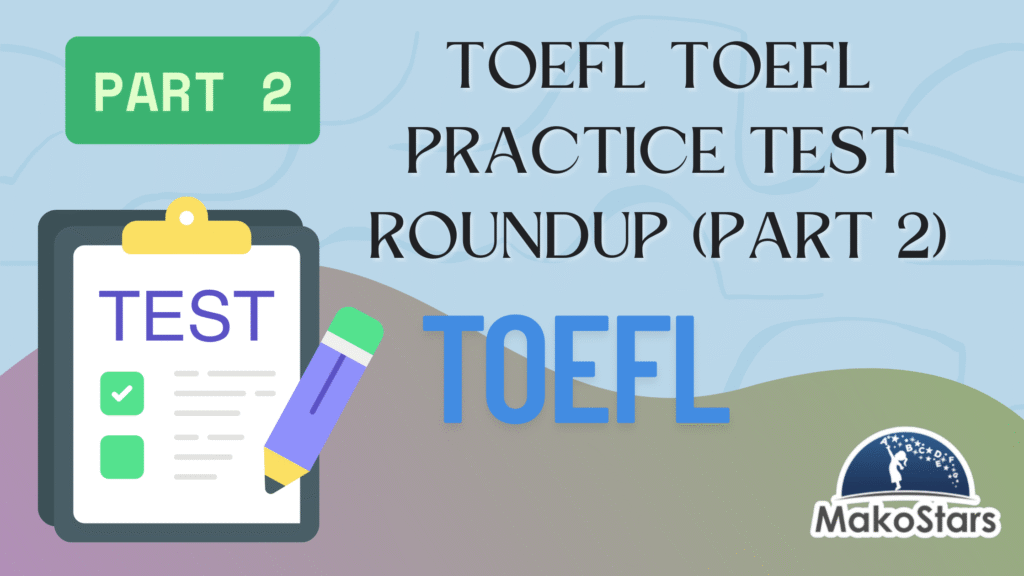Roadmap to Master English Levels: How to go From Beginner to Fluent
Table of Contents
Introduction
English proficiency has become more than just an academic requirement—it’s a gateway to global opportunities. With over 1.5 billion English language learners worldwide, the journey to mastery is shared by people of diverse backgrounds, ages, and goals.
Whether preparing for an international exam, aiming to excel in academic writing, or enhancing your professional communication skills, this comprehensive guide will serve as your roadmap from basic proficiency to true mastery.
Understanding Your Starting Point and English Level
Every successful journey begins with knowing your current location. Before exploring learning strategies, take time to assess your current English level honestly.
As mentioned in our FAQ section, learners of different ages have different strengths.
Understanding these natural advantages can help you tailor your approach.
Several free online assessment tests can help determine your level according to the Common European Framework of Reference (CEFR), ranging from A1 (beginner) to C2 (proficiency).
This framework provides a standardized way to measure your skills and track progress over time.
Building Strong Foundations: The Four Core Skills
Reading: Your Gateway to Natural English
Reading regularly exposes you to authentic language patterns, contextual vocabulary, and diverse writing styles. Start with materials slightly above your current level—challenging enough to learn from, but not so difficult that you become discouraged.
For beginners, graded readers and simplified news articles provide accessible entry points. Intermediate learners can progress to magazines, blogs, and short stories, while advanced learners should engage with academic papers, literary works, and specialized publications.
Active reading techniques like annotation, summarizing, and questioning will transform passive reading into active learning.
Makostars Books & Study Guides offers excellent resources for readers at all levels.
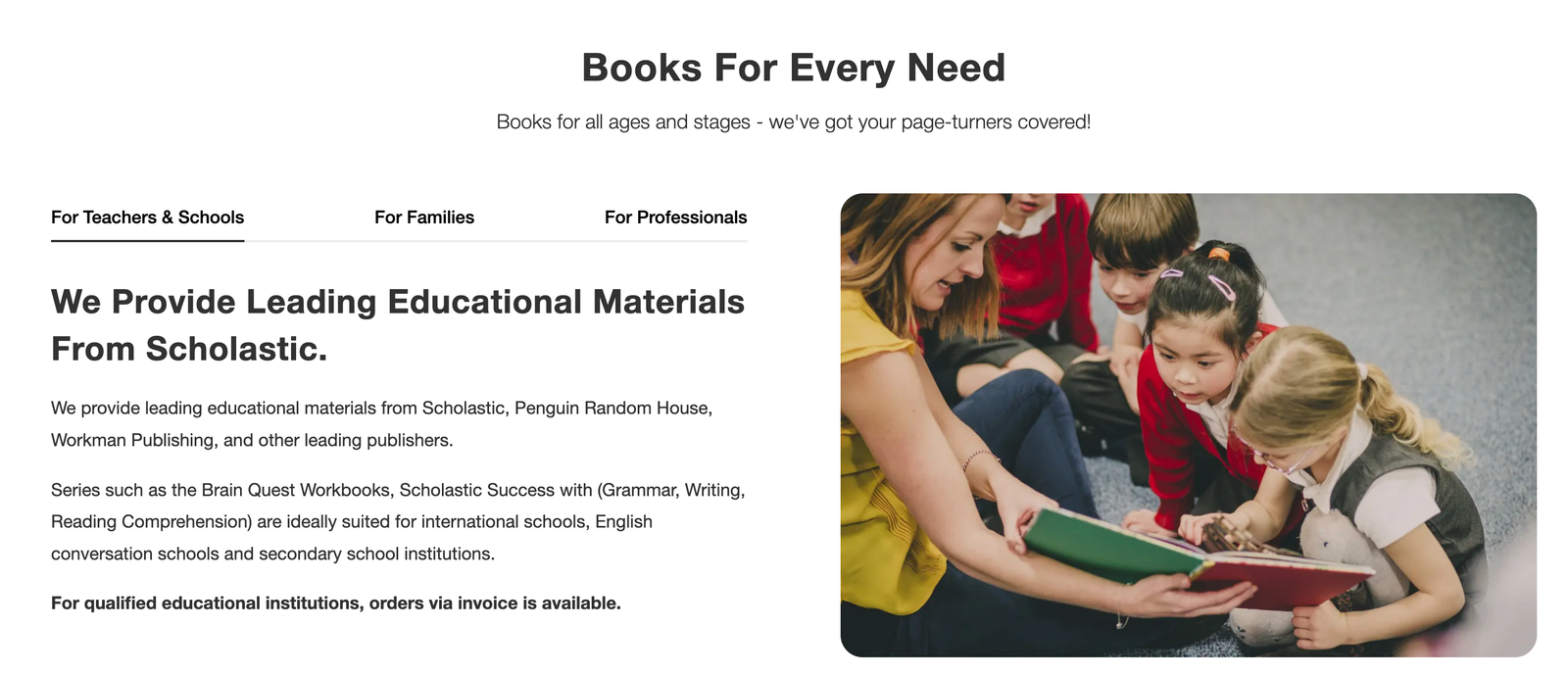
Listening: Training Your Ear
Listening comprehension develops through consistent exposure to diverse accents, speaking speeds, and contexts.
Begin with clear, well-articulated content like language learning podcasts or audiobooks with accompanying text. Gradually progress to more challenging materials like news broadcasts, academic lectures, and natural conversations.
Note-taking while listening helps maintain focus and provides material for later review. Practice identifying main ideas, supporting details, and speaker attitudes—skills essential for both academic and professional contexts.
Speaking: Finding Your Voice
Many learners find speaking the most intimidating skill, yet it’s often the most important for real-world application.
Regular practice, even with yourself, builds confidence and fluency. Record yourself speaking on various topics and listen critically to identify areas for improvement.
Language exchange partners, conversation groups, and online tutoring sessions provide valuable opportunities for authentic interaction. Focus on clarity, appropriate vocabulary, and natural flow rather than perfection. Remember that making mistakes is an essential part of the learning process.
Writing: Developing Precision and Clarity
Writing demands precision, organization, and attention to detail. Begin with guided exercises like journaling or responding to prompts, then progress to more complex forms like essays, reports, and creative writing.
For academic writing success, explore our article on “Mastering English Academic Writing – Key Tips for Success,” which provides essential guidance for college students and academic professionals. This resource covers everything from organizing your ideas to refining your academic voice.

Vocabulary Expansion: The Building Blocks of English Mastery
Vocabulary acquisition requires both breadth (quantity of words known) and depth (richness of understanding). Rather than memorizing random word lists, focus on high-frequency words and terms relevant to your specific goals.
For academic writing, our comprehensive guide on “Mastering Academic Vocabulary for Effective Essay Writing” offers invaluable insights into the specialized language needed for scholarly communication. This resource helps you “enhance your essays and improve” your academic writing with precision and sophistication.
Contextual learning—encountering words in natural settings—leads to better retention than isolated memorization. Tools like vocabulary notebooks, spaced repetition systems, and word-mapping exercises transform passive recognition into active usage.

Grammar: The Framework of Language
Grammar provides the structural framework that makes communication possible. Rather than viewing it as a set of rigid rules to memorize, approach grammar as patterns that create meaning. As noted in our FAQ, effective grammar learning comes from combining structured study with regular practice.
Begin with fundamental concepts like tense, agreement, and basic sentence structures before progressing to more complex areas like conditionals, reported speech, and advanced clause structures. Always connect grammar study to practical application through speaking and writing exercises.
Specialized English Skills
Academic English: Succeeding in Educational Contexts
Academic English requires precision, formality, and domain-specific vocabulary. Whether writing research papers, presenting at conferences, or participating in academic discussions, these specialized skills are essential for educational success.
Our guide on “How to Write Perfect IELTS Essays: Real Examples and Tips” provides “expert IELTS essay writing guidance” with diverse Task 2 examples.
Even if you’re not specifically preparing for IELTS, the principles of well-structured argumentation and clear academic expression are universally valuable.
Key academic skills include:
- Critical analysis and evaluation
- Synthesis of multiple sources
- Clear argumentation and evidence presentation
- Appropriate citation and referencing
- Academic integrity and avoiding plagiarism
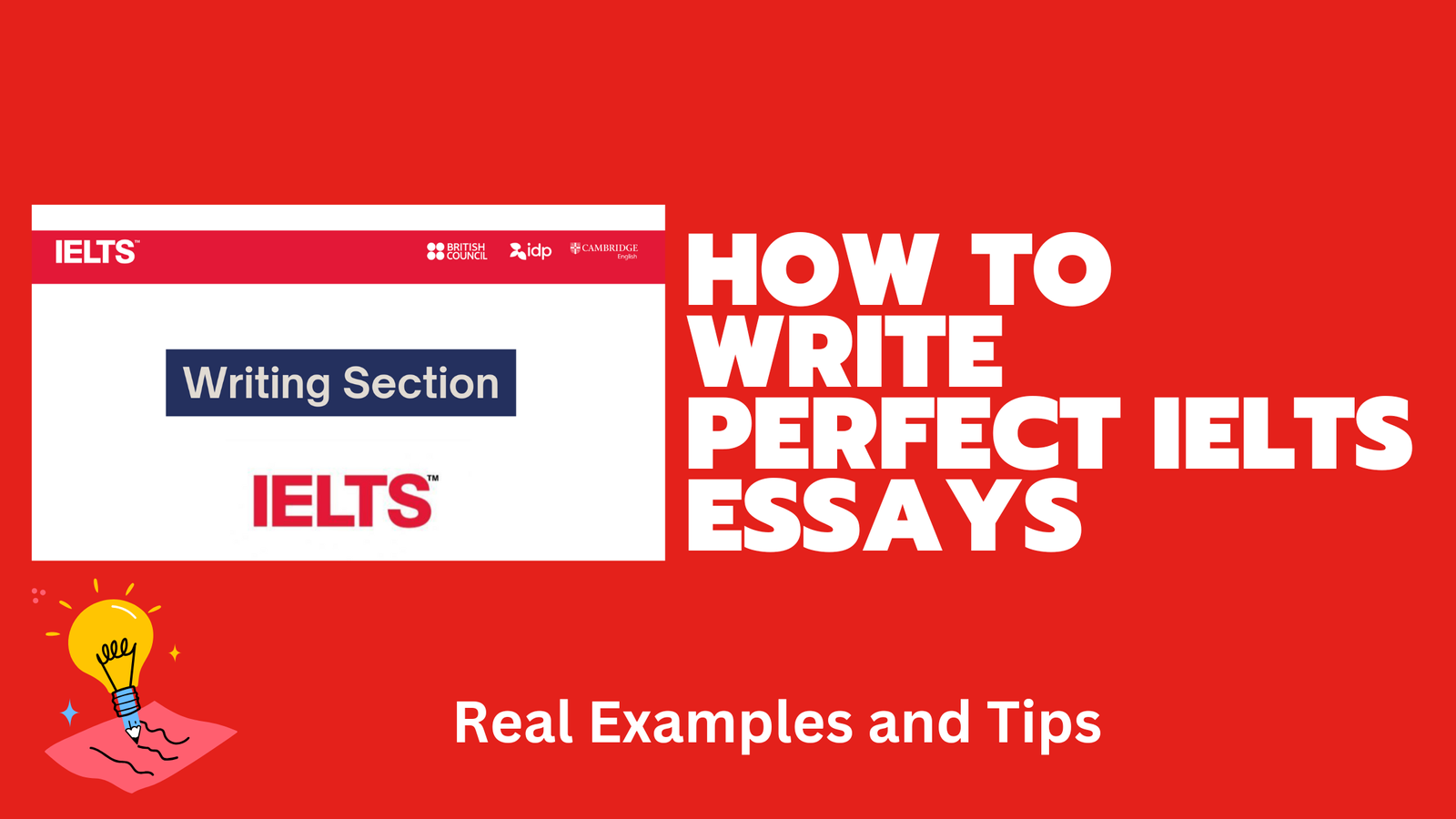
Business English: Professional Communication
In professional contexts, English serves as the global language of business. Effective business communication combines clarity, cultural awareness, and industry-specific terminology.
Our website offers specialized resources for Business English that provide “tools, exams, resources to improve work English.”
Preparing for business presentations requires both technical tools and communication skills: PowerPoint is a standard tool for creating visual aids, but also consider tools like Canva for more dynamic presentations.
Practice your presentations using platforms like Toastmasters to gain feedback and improve your public speaking skills.
Check out the section on presentations and PowerPoint here:
Professional email writing, meeting participation, negotiation techniques, and cross-cultural communication are all essential components of Business English mastery.

Test Preparation Strategies
For many learners, standardized English proficiency tests represent important milestones in their language journey. Whether preparing for IELTS, TOEFL, Cambridge exams, or professional certifications, strategic preparation is essential.
Our detailed guide on “How to Write Perfect IELTS Essays” helps you “discover expert IELTS essay writing guidance” with practical examples and strategies.
This resource is particularly valuable for understanding the assessment criteria and developing effective approaches to different question types.
Effective test preparation involves:
- Understanding the exam format and requirements
- Targeted practice with authentic materials
- Time management strategies
- Stress reduction techniques
- Familiarity with common question types and assessment criteria
Technology Tools for Enhanced Learning
Modern language learners have access to unprecedented resources through technology. Our Apps section highlights the most effective digital tools for various aspects of language learning.
Recommended technology applications include:
- Spaced repetition systems for vocabulary retention
- Audio-visual platforms for listening and pronunciation practice
- Grammar checkers and writing assistants
- AI-powered tutoring and conversation practice
- Language exchange platforms and communities
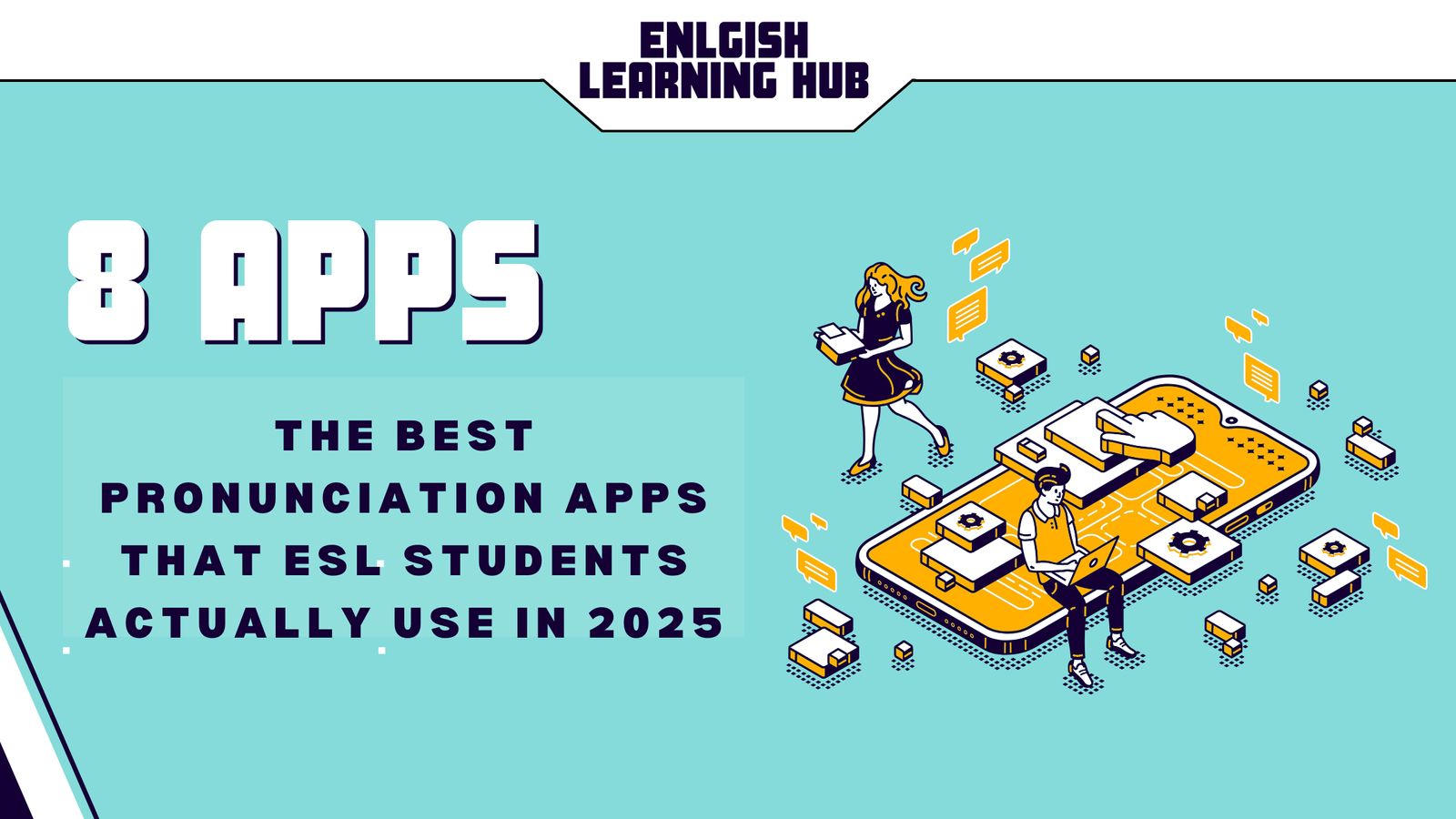
Creating Your Personalized Learning Plan
With so many resources and approaches available, creating a structured, personalized learning plan is essential for sustained progress.
Effective plans balance all four skills, incorporate varied activities to maintain motivation, and include regular assessment to track progress.
When designing your plan, consider:
- Your specific goals and motivations
- Available time and resources
- Learning preferences and strengths
- Priority skill areas
- Short-term objectives and long-term vision
Overcoming Common Challenges in Learning English
The path to English mastery inevitably includes obstacles. Understanding common challenges and developing strategies to overcome them will help maintain momentum through difficult periods.
Motivation Maintenance
Language learning requires sustained effort over long periods. Connect your English goals to meaningful life aspirations, celebrate small victories, and find enjoyment in the learning process itself.
Community support, either in-person or through online groups, provides accountability and encouragement during challenging times.
Plateau Navigation
Most learners experience plateaus—periods where progress seems to stall despite continued effort. When this occurs, try:
- Changing your approach or materials
- Setting new, specific short-term goals
- Seeking feedback from teachers or language partners
- Exploring new aspects of the language
- Reviewing and reinforcing fundamentals
Time Management for Busy Learners learning English
English can be learned at any age, but consistency matters more than age. Even with busy schedules, regular exposure and practice yield significant results over time.
Short, frequent sessions often prove more effective than occasional marathon study periods.
Beyond English Proficiency: Towards True Mastery
True language mastery extends beyond technical proficiency to include cultural understanding, nuance, and context. Advanced learners should explore:
- Literature and creative works
- Humor and idiomatic expressions
- Regional variations and accents
- Historical and cultural contexts
- Specialized professional discourse
Conclusion: Your Journey Continues
The path to English mastery is not linear but cyclic—a continuous process of learning, application, reflection, and refinement. Each new plateau reached reveals new horizons to explore.
By approaching this journey with curiosity, persistence, and strategic focus, you’ll develop not just language skills but the confidence to engage fully in global communication.
At English Learning Hub, we’re committed to supporting you at every stage of this journey.
From our comprehensive Free Tools to our specialized articles on academic writing and vocabulary building, we provide the resources you need to progress from basics to mastery.
Remember, as stated in our mission: We hope to “empower learners of all ages on their journey to English fluency. Join us to master the power of English and unlock your global potential.”
What step will you take next on your English learning journey?
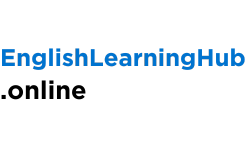
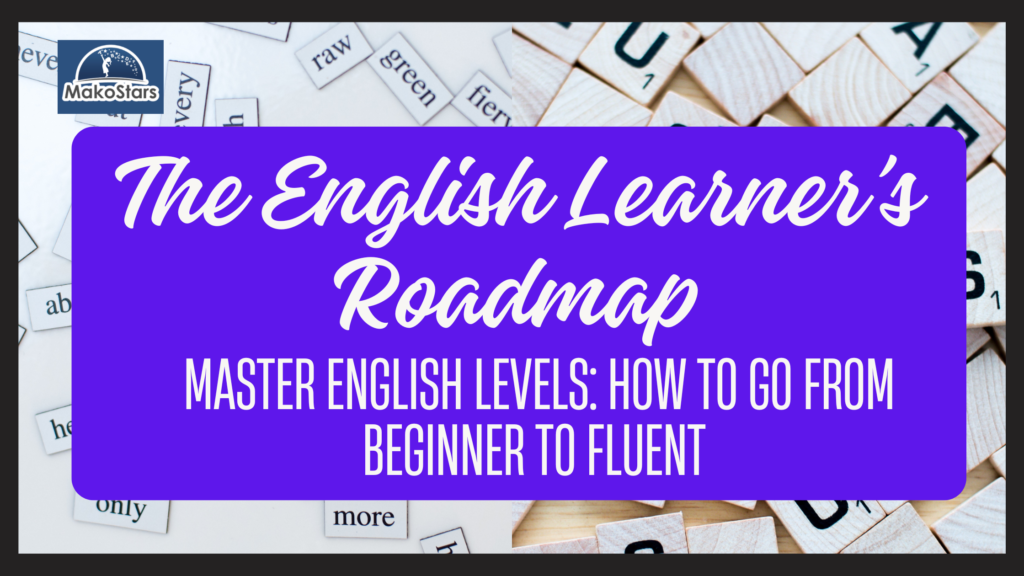


![12 Basic Grammar Rules to Write Like a Pro [2025 Guide]](https://englishlearninghub.online/wp-content/uploads/2025/07/12-Basic-Grammar-Rules-to-Write-Like-a-Pro-2025-Guide-1024x576.png)
